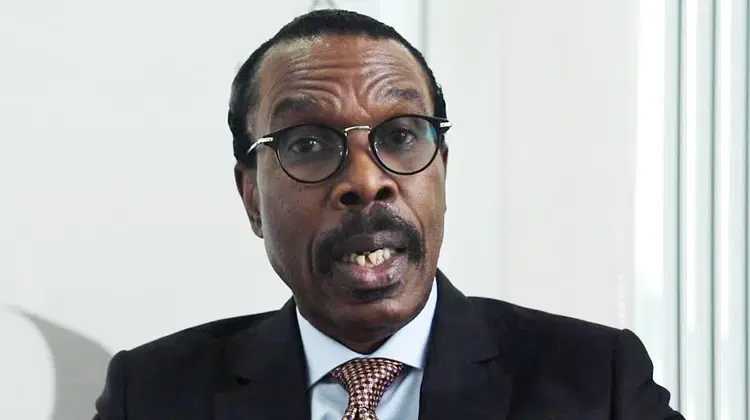The world’s fourth-largest independent tower company, IHS Towers, has laid off over 100 employees as currency devaluation in Nigeria, its largest market, continues to erode profits.
The layoffs affected several departments, with a significant impact on senior employees and the network surveillance team, TechCabal reported.
Many of the affected senior employees had been with the company for over a decade and received substantial severance packages. The source emphasized that the layoffs were not due to underperformance but rather the result of economic pressures.
Since 2022, the company has faced increasing pressure from investors due to poor financial results. In the fourth quarter of 2023, IHS Towers reported a $409 million loss, largely attributed to currency devaluation in Nigeria, which reduced revenues and resulted in foreign exchange losses from USD loans.
The company, which employs 1,600 people globally, reported a $1.9 billion loss in 2023, a significant increase from the previous year’s losses. Its market capitalization has dropped to $1.3 billion, down from $7.3 billion in 2021.
Although the company’s stock price slightly recovered in August, reaching $3.56 after hitting a low of $2.98 in July, it remains far below the $21 high seen in 2021.
IHS Towers operates more than 40,000 towers across Africa, representing about 25% of the continent’s tower infrastructure. These towers, leased to telecommunications companies like MTN and Airtel, are critical to Africa’s digital economy, providing essential internet connectivity.
However, the company’s operations in Nigeria, which accounts for over half of its revenue, have been severely impacted by rising fuel prices, maintenance costs, inflation, and foreign exchange volatility. In the first quarter of 2024 alone, IHS Towers spent $88.8 million on power, its largest operating expense.
Additionally, Gimba Mohammed, IHS Towers’ director of government and external relations, revealed that the company spent over ₦14 billion to repair fibre cuts between 2022 and 2023. Despite these challenges, the company continues to invest heavily, using more than $1.5 billion in cash for various activities last year, though some of these expenditures remain unclear according to a shareholder letter from June 2023.











